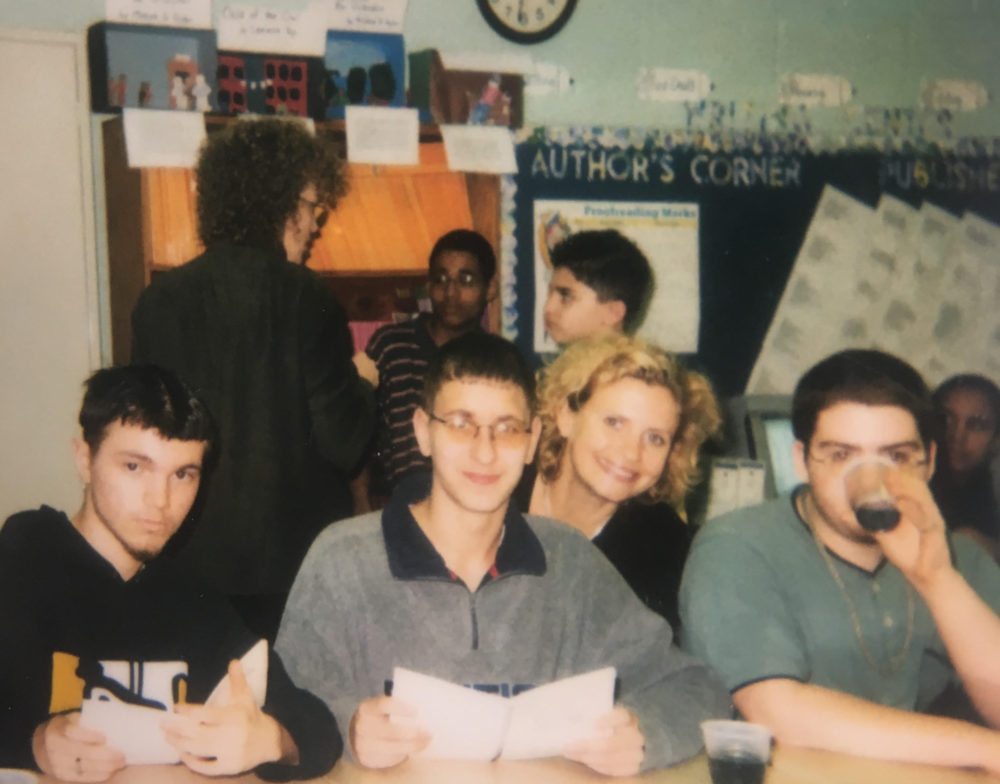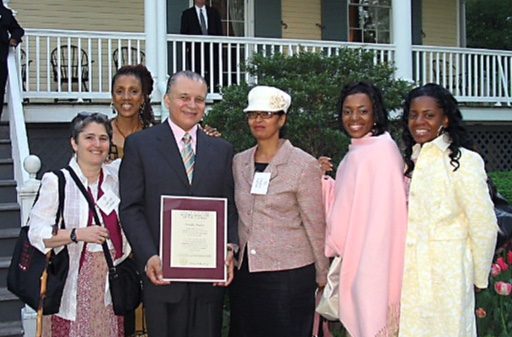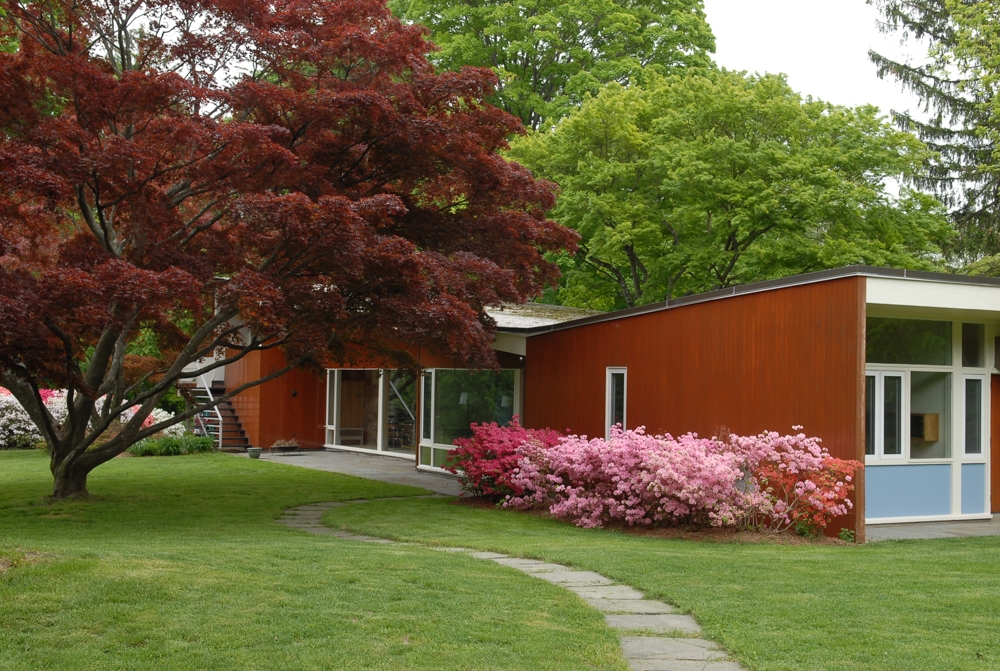I was twenty-two, and I was finally in New York City. I remember walking up Broadway and smiling at people: the deli guy arranging roses in green buckets, the line cook taking a smoke on his lunchbreak, a young woman with a bun and legwarmers, clearly rushing to rehearse Swan Lake, the bankers, the bakers, the creeps, and the clowns. Good morning, I greeted, still accustomed to my Oklahoma ways. Hey, I’d say.
I tell you this, in part, to show how desperate I was for community. And I found community bit by bit: someone to show me how to use chopsticks, someone to help me figure out the trains, someone to tell me to stop smiling at EVERYBODY, and also someone—Daniel Kane—who worked for Teachers & Writers Collaborative and had the inside info that T&W had just gotten a big order and REALLY needed new teaching artists, even ones, like me, who had very little teaching experience and even fewer publications. But I’m so in love with poetry, I told them at the interview, and at that particular moment in 1998, that love was enough to get me hired.
My first assignment was to go observe a more seasoned writer do magic. I took the R train for what felt like a thousand hours (the first of many thousand-hour train rides I’d take for T&W) and ended up near a giant blue mall in Queens. Larry Fagin—in all his grand Larry Fagin-ness—met me out in front of the school, and we handed over our IDs and made our way up to the fourth floor. It was right before Thanksgiving, and Larry launched the class with a collaborative poem I’ve used dozens of times since. You name a noun—say, pig—and then you say what it’s thankful for—say, mud. Then, you think of a rhyme for mud—say, blood—and think of what is thankful for the blood. You keep collecting pairs this way: pig/mud//veins/blood; sky/birds//paper/words, until you have a silly, lovely string of couplets helping you reframe gratitude and making you see that gratitude everywhere:
The pig is thankful for the mud
The veins are thankful for the bloodThe sky is thankful for the birds
The paper is thankful for the words
The kids were delighted, and Fagin was wonderful—a total ham—and I was so excited that this REAL LIVE POET who had hung out with Burroughs and Ginsberg and lived in the East Village was just goofing off and playing with language and making kids laugh and play and think and feel. Yes, I thought, this is what I was meant to do.
In the years to come, Fagin became more mortal to me—as poets do, I suppose—but I was so very thankful for that classroom experience. For the ten years that followed, I took buses to trains and ferries to vans and other vans to other buses and then walked down some very cold streets—sometimes smiling to others, but most often only to myself—until, finally, I arrived in classroom after classroom ready for the work and play of poetry, ready to be grateful and to name gratefulness, ready to pay attention and to give it.
My years as a young poet were nurtured in those classrooms and in the bright, spacious T&W offices at Union Square where, so often, I wandered in for the warmth or conversation, to check my email or pore over an anthology that was due. Most often, I sought simply to be in that space and bask in the poetry of it, bask in a community of those who, like me, believed in the wisdom and grace of language.
Nearly twenty years later, it’s brisk in Brooklyn, where the T&W offices have moved, and where, just last week, I again experienced the community of T&W as I participated in a moderated round table discussion with a group of writers who challenged and inspired me in the very best of ways. Another Thanksgiving is on the horizon, and still, after all these years, I am grateful for my days at Teachers & Writers and what those days made me, and continue to make me, as a teacher and a writer, of course, but also, and always, as a dedicated collaborator, not just between or among teachers and writers, but between and among and around and in collaboration with the whole world around us.
Nicole Callihan writes poems, stories, and essays. Her work has appeared in, among others, American Poetry Review, Painted Bride Quarterly, Forklift, Ohio, PANK, Plume, and as a Poem-a-Day feature from the Academy of American Poets. Her book The Deeply Flawed Human was released by Deadly Chaps Press in summer 2016; and in summer 2017, Finishing Line Press published Downtown. Nicole is the assistant director and a senior language lecturer at New York University’s Tandon School of Engineering.



